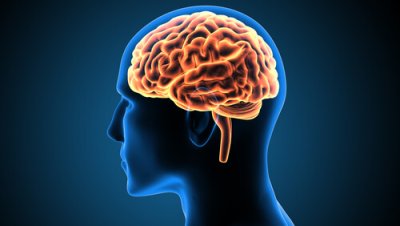
There are a number of types of brain injuries ranging from an acquired brain injury (ABI) arising from birth, a traumatic brain injury (TBI) usually caused by trauma to the head or other forms such as tumor, stroke or brain haemorrhage.
If someone suffers an injury to the brain, the effects can be wide ranging and can depend upon factors such as the type, locality and severity of injury.
For many people who have suffered as a result of medical negligence, compensation is the only way that they can afford to cope with the life-changing effects of a brain injury and to ensure that they receive adequate care and that their dependents are also looked after.
Perhaps it is someone close to you that has suffered from a brain or head injury? If that person is not able to manage their own medical negligence claim, then you can do this on their behalf.
To help you understand more about brain injuries and how it might affect you, we have detailed some of the effects of brain injuries and provided more information about claiming on behalf of others.
Even after a minor head injury, brain function can be temporarily impaired and is sometimes referred to as concussion which can cause further difficulties such as dizziness, fatigue or depression.
The more severe the brain injury, the more pronounced the long-term effects are likely to be. Those with more severe brain injuries are likely to have complex long-term problems affecting their personality, their relationships and their ability to lead an independent life.
Each area of the brain accommodates various mental and physical functions, so it can be difficult to quantify and cover the impact that a severe brain injury may have. There are three main groups as a general outline:
Cognitive Functions: Impairments to a person’s cognitive functions can result in severe problems and it may restrict their ability to function independently afterward. Memory loss, changes in personality, and intellect deficits can make reintegrating with society after an injury quite challenging. This may require extended therapy to regulate or overcome.
Motor Functions: The physical abilities of a person could be heavily affected which may restrict or reduce their mobility. This will increase their reliance on others for everyday activities and, ultimately, reduce their independence. The effects of the loss of independence may bring upon negative emotional reactions.
Emotional Responses: Emotional responses can be altered which makes symptoms harder to diagnose or quantify. Changes in emotional responses mean that this can be more complex to treat. They can be relatively minor responses such as mood swings but they can also be significant, such as depression or apathy.
If someone close to you had experienced brain injury from medical negligence and they are not able to manage their own claim, then a trusted friend or relative will be able to bring the claim on their behalf. By claiming on their behalf, you will take on the role and responsibilities as if they were acting themselves.
Generally speaking, there is a three-year time limit to make a medical negligence claim. However, in some cases where the individual has lost the mental capacity to make a claim without the assistance of others, there may be no time limit.
We understand how upsetting it can be to talk about what has happened and how overwhelming the consequences of negligence are. We have a team of legal professionals and medical negligence specialists who are exceptionally experienced at handling these types of cases. All advice and information are treated with total confidentiality, compassion, and care.
If you have suffered due to medical negligence and you would like to discuss pursuing a claim for brain injury compensation, then please get in touch with us to see how we can help.
You can call us on 0800 032 2474 or you can send us an email here.